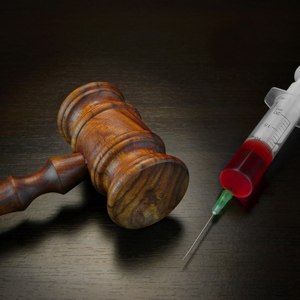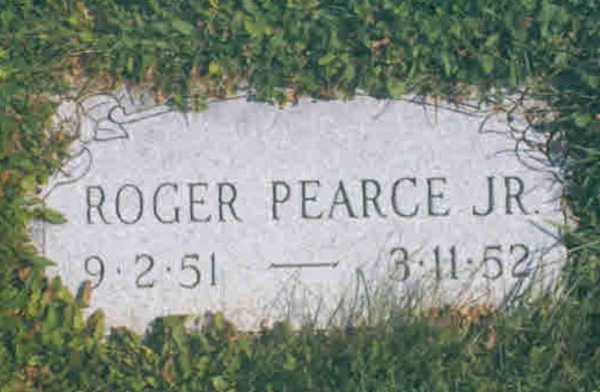Missouri execution is first since coronavirus pandemic declared; ABA had urged delay

Image from Shutterstock.com.
A Missouri inmate who was executed Tuesday evening had continued to maintain his innocence up until his final breaths.
Walter Barton, 64, was executed by lethal injection after the U.S. Supreme Court denied a stay application, report the Associated Press and SCOTUSblog. Barton was the first person executed since the World Health Organization declared the COVID-19 pandemic.
Barton’s final statement said, “I, Walter ‘Arkie’ Barton, am innocent and they are executing an innocent man!”
Barton was executed at a prison with no confirmed cases of COVID-19, according to the AP. Everyone entering the prison had their temperatures checked and were required to wear masks. In the execution witness room, however, one official, the director of adult institutions, did not wear a mask.
Barton was convicted for killing Gladys Kuehler, the operator of a mobile home park that he often visited. He was visiting Kuehler’s granddaughter and a neighbor when they found Kuehler’s body in her bedroom.
ABA President Judy Perry Martinez had urged that the execution be delayed because the COVID-19 pandemic interfered with the ability of Barton’s lawyers to pursue and present evidence, according to a May 14 ABA press release.
In addition, the ABA urged Missouri Gov. Michael Parson to consider commissioning a board of inquiry to review the evidence because of “the troubling history of this case” and “lingering doubts around guilt.”
Barton had contended that the blood stains on his clothing came from slipping while trying to keep the granddaughter away from Kuehler’s body, Martinez said. A blood spatter expert at trial said the blood stains likely came from the impact of the knife used to kill Kuehler. More recently, a blood stain expert said the killer would have had far more blood on his clothes.
Courts did not review the new expert’s affidavit because of procedural rules regarding newly discovered evidence and the types of issues that can be raised on appeal.
“Although procedural rules serve an important purpose to keep the criminal justice system functioning efficiently, the ABA has long been concerned about procedural rules that interfere with the court’s ability to consider a substantial claim of innocence, especially in capital cases,” Martinez said.
Barton was tried five times, according to the ABA. The first four times resulted in a mistrial, a hung jury, a reversal due to judicial error, and a reversal due to perjured testimony of a state witness. Barton was convicted in 2006 based on testimony from the same jailhouse informant found to have perjured herself during Barton’s fourth trial.
The novel coronavirus pandemic created obstacles for lawyers trying to interview jurors in Barton’s trial, Martinez said. She gave one example.
The lawyers met with two jurors in parking lots, so they could maintain social distancing. The lawyers were wearing face masks and gloves and had to shout to be heard in the wind.



